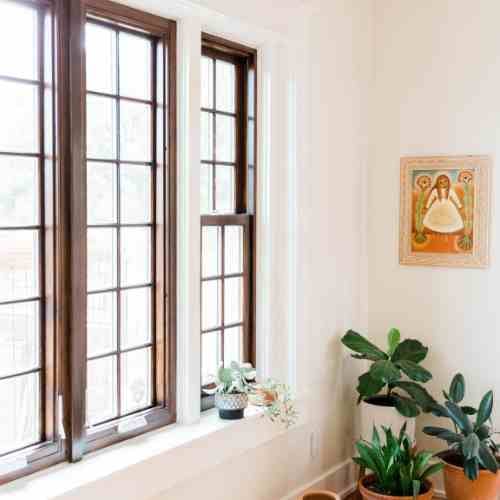Did you know that the air quality in your home can affect your sleep? Poor indoor air quality can lead to a range of health issues, including difficulty sleeping.
In this article, we'll explore the ways in which indoor air quality can impact your sleep and provide tips on how to improve it.
The importance of indoor air quality for sleep.
Many people don't realize that the air they breathe while sleeping can have a significant impact on the quality of their sleep.
Poor indoor air quality can lead to respiratory issues, allergies, and even sleep apnea.
In addition, pollutants in the air can cause irritation and discomfort, making it difficult to fall asleep and stay asleep.
It's important to take steps to improve your indoor air quality if you want to get a good night's sleep.
Common indoor air pollutants that can disrupt sleep.
There are several common indoor air pollutants that can disrupt sleep, including dust mites, pet dander, mold, and volatile organic compounds (VOCs) from household cleaners and air fresheners.
These pollutants can cause respiratory irritation and allergies, leading to difficulty breathing and snoring.
In addition, VOCs can cause headaches and other discomforts that can make it difficult to fall asleep and stay asleep. It's important to address these pollutants by improving ventilation, using air purifiers, and avoiding harsh chemicals in your home.
How to improve indoor air quality for better sleep.
Improving indoor air quality can have a significant impact on your sleep quality.
One way to do this is to increase ventilation in your home by opening windows or using exhaust fans.
You can also use air purifiers to remove pollutants from the air.
.jpg?width=500&height=500&name=The%20Surprising%20Link%20Between%20Indoor%20Air%20Quality%20and%20Sleep%20Quality_air%20purifier_the%20geiler%20company%20(1).jpg)
Additionally, avoiding harsh chemicals in your home, such as those found in cleaning products and air fresheners, can help reduce the amount of VOCs in the air.
By taking these steps to improve your indoor air quality, you may find that you sleep better and wake up feeling more refreshed.
The benefits of using air purifiers and plants.
Air purifiers and plants are two effective ways to improve indoor air quality and promote better sleep.
Air purifiers work by removing pollutants and allergens from the air, while plants absorb carbon dioxide and release oxygen. Some plants, such as lavender and jasmine, also have calming properties that can help promote relaxation and improve sleep quality.

By incorporating air purifiers and plants into your home, you can create a healthier and more restful environment for better sleep.
One hassle with portable air purifiers is constantly having to replace the filters.
Learn more about whole house air purification.
Other tips for creating a sleep-friendly environment.
In addition to improving indoor air quality, there are other steps you can take to create a sleep-friendly environment.
These include keeping your bedroom cool and dark, avoiding electronics before bedtime, establishing a consistent sleep schedule, and practicing relaxation techniques such as meditation or deep breathing.
By making these changes, you can improve your sleep quality and wake up feeling refreshed and energized.



